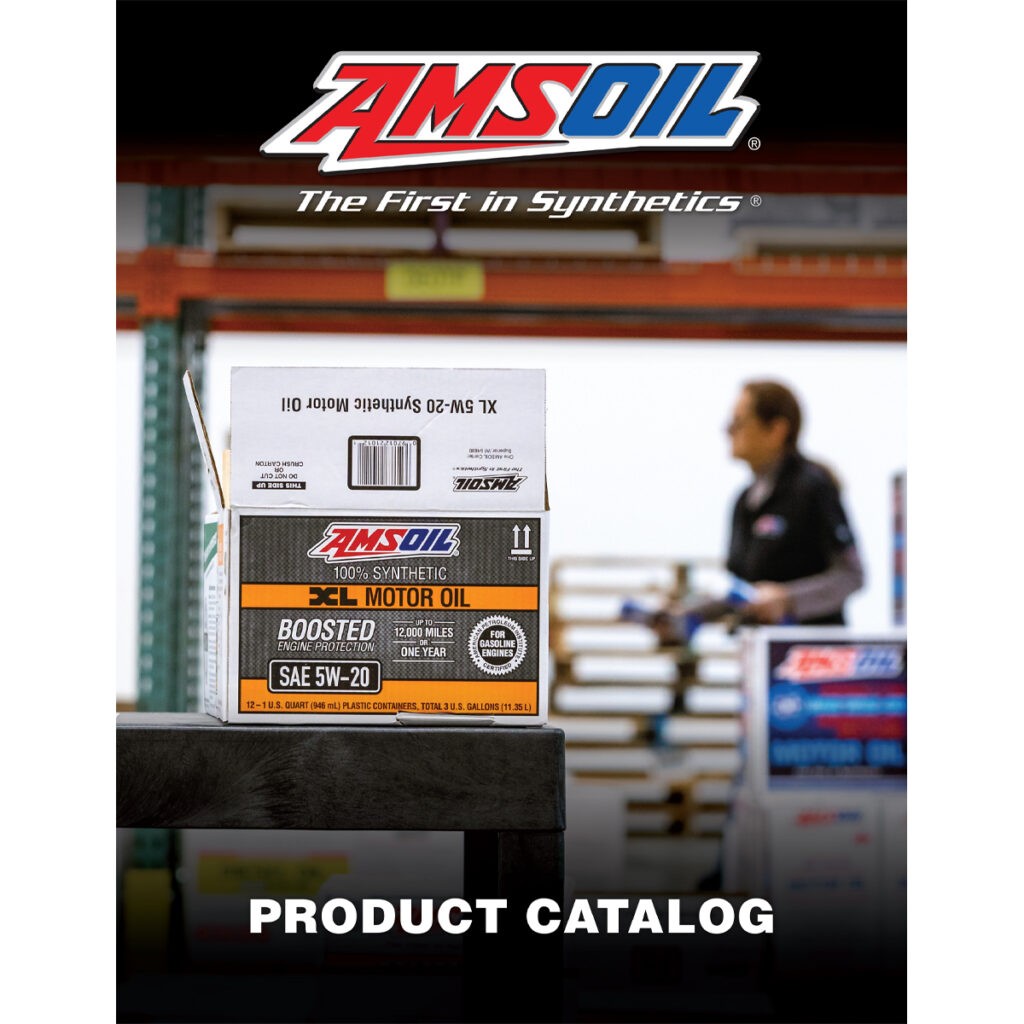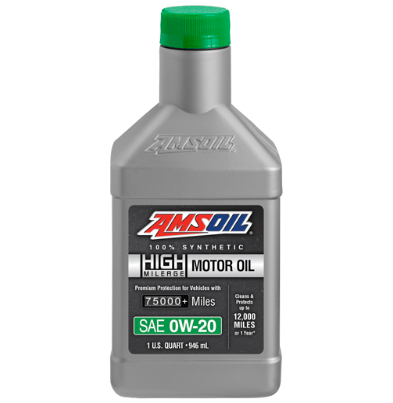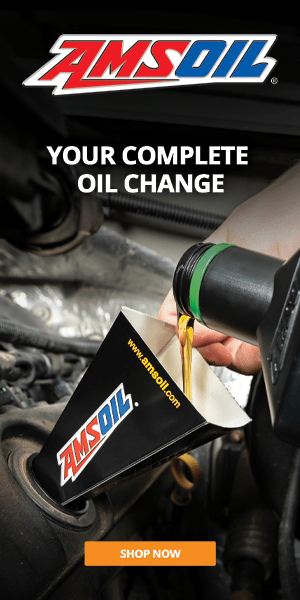Unmasking the Truth: Is High Mileage Oil Worth the Extra Cost?
Is high mileage oil worth the extra cost? If you’ve ever wondered whether it’s worth splurging on this type of oil for your high-mileage vehicle, you’re not alone. Many drivers are curious about whether high mileage oil is truly beneficial or just a clever marketing ploy. In this article, we will unmask the truth and explore whether the higher price tag of high mileage oil is worth it in the long run.
High mileage oil, specially formulated for vehicles with over 75,000 miles, claims to provide added protection for older engines. It boasts enhanced additives that help reduce wear and tear, prevent leaks, and improve overall engine performance. However, skeptics argue that these benefits are often exaggerated and that regular oil changes with conventional oil are sufficient for maintaining engine health.
To find out the truth, we will delve into the science behind high mileage oil, examine the pros and cons, and evaluate whether the benefits outweigh the cost. So, if you’re debating whether to switch to high mileage oil, stay tuned as we uncover the facts and help you make an informed decision for your beloved high-mileage vehicle.
What is high mileage oil?
Is high mileage oil worth the extra cost? If you’ve ever wondered whether it’s worth splurging on this type of oil for your high-mileage vehicle, you’re not alone. Many drivers are curious about whether high mileage oil is truly beneficial or just a clever marketing ploy. In this article, we will unmask the truth and explore whether the higher price tag of high mileage oil is worth it in the long run.
High mileage oil, specially formulated for vehicles with over 75,000 miles, claims to provide added protection for older engines. It boasts enhanced additives that help reduce wear and tear, prevent leaks, and improve overall engine performance. However, skeptics argue that these benefits are often exaggerated and that regular oil changes with conventional oil are sufficient for maintaining engine health.
To find out the truth, we will delve into the science behind high mileage oil, examine the pros and cons, and evaluate whether the benefits outweigh the cost. So, if you’re debating whether to switch to high mileage oil, stay tuned as we uncover the facts and help you make an informed decision for your beloved high-mileage vehicle.
The benefits of using high mileage oil
High mileage oil is a type of motor oil specifically designed for vehicles with over 75,000 miles on the odometer. As engines age, they tend to experience more wear and tear, leading to increased friction and potential issues like leaks and reduced performance. High mileage oil aims to address these concerns by providing additional protection and lubrication to older engines.
One of the key features of high mileage oil is its enhanced additives. These additives are specifically formulated to reduce friction and wear, prevent leaks, and clean the engine. They can help reduce the effects of aging on the engine and extend its lifespan. High mileage oil also tends to have a higher viscosity, which means it is thicker and can better lubricate older engines.
It’s important to note that high mileage oil is not a magical solution that can reverse the effects of aging on an engine. However, it can provide additional benefits and help mitigate some of the issues commonly faced by high-mileage vehicles. Let’s explore the advantages of using high mileage oil in more detail.
Common misconceptions about high mileage oil
Using high mileage oil in your older vehicle can offer several benefits. Here are some of the advantages that make it worth considering:
1. Reduced wear and tear: High mileage oil contains additives that are specifically designed to reduce friction and wear on engine components. This can help minimize the damage caused by metal-on-metal contact and extend the life of your engine.
2. Prevention of leaks: As engines age, gaskets and seals may become worn and brittle, leading to oil leaks. High mileage oil typically contains seal conditioners that can help rejuvenate and seal these aging components, reducing the likelihood of leaks.
3. Improved engine performance: The enhanced additives in high mileage oil can help clean the engine and remove deposits that may have accumulated over time. This can lead to improved engine performance, smoother operation, and better fuel efficiency.
4. Thicker viscosity: High mileage oil is generally thicker than regular oil, which can provide better lubrication for older engines. Thicker oil can help fill in the gaps between worn engine components and reduce friction, leading to smoother operation and reduced wear.
While these benefits may vary depending on the specific brand and formulation of high mileage oil, they generally offer advantages that can help maintain the health and performance of your high-mileage vehicle. However, it’s important to be aware of common misconceptions surrounding high mileage oil.
The difference between high mileage oil and regular oil
Despite the proven benefits of high mileage oil, there are some common misconceptions that may discourage drivers from using it. Let’s address these misconceptions and separate fact from fiction:
1. High mileage oil can fix existing engine problems: High mileage oil is not a magical solution that can fix existing engine issues. While it can provide additional protection and potentially mitigate further damage, it cannot reverse existing problems. If your engine is already experiencing significant issues, it’s best to consult a professional mechanic.
2. Regular oil is sufficient for high-mileage vehicles: While regular oil changes are essential for maintaining engine health, high mileage oil offers additional benefits that can help older engines perform better and last longer. The enhanced additives and thicker viscosity of high mileage oil can provide extra protection and lubrication that regular oil may not offer.
3. High mileage oil is just a marketing gimmick: While it’s true that marketing plays a role in promoting high mileage oil, it doesn’t diminish the fact that it offers tangible benefits for older engines. The formulation of high mileage oil is specifically tailored to address the unique needs of high-mileage vehicles, making it a valuable option for those looking to extend the life of their engines.
Now that we’ve debunked some of the common misconceptions surrounding high mileage oil, let’s explore the differences between high mileage oil and regular oil to understand why the former may be worth the extra cost.
Factors to consider when deciding if high mileage oil is worth the extra cost
The main difference between high mileage oil and regular oil lies in their formulation and additives. High mileage oil is specifically designed to meet the needs of older engines, whereas regular oil is more suited for newer vehicles with lower mileage. Here are some key differences between the two:
1. Additives: High mileage oil contains enhanced additives that are specifically formulated to address the issues commonly faced by older engines. These additives can help reduce wear, prevent leaks, and clean the engine. Regular oil, on the other hand, may not have the same level of additives tailored for high-mileage vehicles.
2. Viscosity: High mileage oil is generally thicker than regular oil. The higher viscosity of high mileage oil allows it to better lubricate older engines with worn components. Regular oil, on the other hand, tends to have a lower viscosity, which is more suitable for newer engines.
3. Price: High mileage oil is typically more expensive than regular oil due to its enhanced formulation and additional benefits. However, the higher price tag may be justified by the potential advantages it offers for older engines.
While regular oil changes are essential for all vehicles, high mileage oil can provide added protection and benefits for high-mileage vehicles. But how do you determine if your vehicle actually needs high mileage oil? Let’s explore the factors to consider when deciding if high mileage oil is worth the extra cost.
How to determine if your vehicle needs high mileage oil
Deciding whether to switch to high mileage oil depends on several factors. Here are some key considerations to help you make an informed decision for your high-mileage vehicle:
1. Age and mileage: As a general rule of thumb, if your vehicle has over 75,000 miles on the odometer, it may be a good time to consider switching to high mileage oil. Older engines tend to benefit more from the enhanced additives and thicker viscosity of high mileage oil.
2. Engine condition: If your engine is already experiencing significant issues, such as excessive oil consumption or major leaks, high mileage oil may provide some benefits but may not fully address the underlying problems. In such cases, it’s best to consult a professional mechanic for a thorough assessment and appropriate recommendations.
3. Driving conditions: If you regularly drive in extreme weather conditions, tow heavy loads, or engage in stop-and-go traffic, high mileage oil may offer added protection for your engine. These demanding driving conditions can put additional stress on your engine, and high mileage oil can help mitigate the wear and tear.
4. Manufacturer recommendations: Always consult your vehicle’s manufacturer guidelines and recommendations regarding the type of oil to use. While high mileage oil can be beneficial for older engines, it’s essential to follow the manufacturer’s suggestions to ensure optimal performance and warranty compliance.
By taking these factors into account, you can make a more informed decision regarding whether high mileage oil is worth the extra cost for your high-mileage vehicle. Once you’ve made the decision to switch, here are some tips for using high mileage oil effectively.
Tips for using high mileage oil effectively
To get the most out of high mileage oil and ensure optimal engine performance, consider the following tips:
1. Follow the recommended oil change intervals: High mileage oil, like regular oil, still requires regular changes to maintain engine health. Follow the recommended oil change intervals provided by the manufacturer or consult with a professional mechanic for guidance.
2. Use the right viscosity: High mileage oil comes in different viscosities, so be sure to use the one recommended for your vehicle. The correct viscosity will ensure proper lubrication and protection for your engine.
3. Monitor oil levels regularly: Keep an eye on your oil levels and top up as needed. Older engines may consume more oil, so regular monitoring is crucial to prevent damage due to low oil levels.
4. Consider oil analysis: Periodic oil analysis can provide valuable insights into the health of your engine and the effectiveness of the high mileage oil. This can help identify any potential issues early on and guide your maintenance efforts.
By following these tips, you can maximize the benefits of high mileage oil and keep your high-mileage vehicle running smoothly. But with so many brands of high mileage oil on the market, which ones should you consider? Let’s explore some of the best high mileage oil brands available.
Debunking myths about high mileage oil
As with any topic, there are some myths and misconceptions surrounding high mileage oil. Let’s debunk a few of these myths to ensure you have accurate information:
1. Myth: High mileage oil causes leaks: High mileage oil does not cause leaks. In fact, it contains additives specifically designed to condition seals and reduce the likelihood of leaks. If you notice leaks after switching to high mileage oil, it’s more likely that the oil is revealing existing issues that need to be addressed.
2. Myth: High mileage oil is only for old cars: High mileage oil is designed for high-mileage vehicles, regardless of their age. If your vehicle has over 75,000 miles on the odometer, it can benefit from the added protection and lubrication provided by high mileage oil.
3. Myth: High mileage oil is a waste of money: While high mileage oil may be more expensive than regular oil, the additional benefits it offers for older engines can make it a worthwhile investment. It can help extend the life of your engine, reduce wear and tear, and prevent leaks, potentially saving you money on costly repairs down the line.
By understanding the facts and debunking these myths, you can make an informed decision about whether high mileage oil is right for your high-mileage vehicle.
The best high mileage oil brand on the market
AMSOIL specializes in developing synthetic lubricants that offer innovative answers to the greatest challenges vehicles and equipment present. The extraordinary performance of AMSOIL synthetic lubricants in a range of markets – automotive, powersports, industrial, racing and more – has made our influence in the industry unmistakable and our brand highly respected. Our commitment to innovation has resulted in legions of brand-loyal customers.
AMSOIL 100% Synthetic High-Mileage Motor Oil is engineered for vehicles with over 75,000 miles. With rapidly rising new-vehicle pricing and the high cost of repairs, drivers are keeping their vehicles on the road longer than ever. Preventive maintenance that includes high-quality lubricants is key for keeping vehicles safe and dependable for the long haul.
AMSOIL 100% Synthetic High-Mileage Motor Oil is designed especially for the unique demands of high mileage engines, helping extend the life of your vehicle. It delivers purpose-built protection at a time in your vehicle’s life where it could benefit from more-robust maintenance. It cleans and protects engines with boosted detergency and an additive package that fights oil breakdown and oil leaks.

Conclusion: Is high mileage oil worth the extra cost?
After exploring the science, benefits, and considerations surrounding high mileage oil, it’s clear that it can offer significant advantages for high-mileage vehicles. While regular oil changes are essential for all vehicles, high mileage oil provides enhanced protection, reduced wear and tear, prevention of leaks, and improved engine performance for older engines.
Deciding whether to switch to high mileage oil depends on factors such as the age and mileage of your vehicle, its condition, and your driving habits. By considering these factors and following manufacturer recommendations, you can make an informed decision about whether high mileage oil is worth the extra cost for your high-mileage vehicle.
Remember, high mileage oil is not a magic solution, and it cannot fix existing engine problems. If your engine is already experiencing significant issues, it’s best to consult a professional mechanic for guidance.
In conclusion, high mileage oil offers real benefits for high-mileage vehicles, and when used correctly, it can help extend the life of your engine and maintain its performance. So, if you want to give your beloved high-mileage vehicle the best care and protection it deserves, consider making the switch to high mileage oil and enjoy the peace of mind that comes with it.


